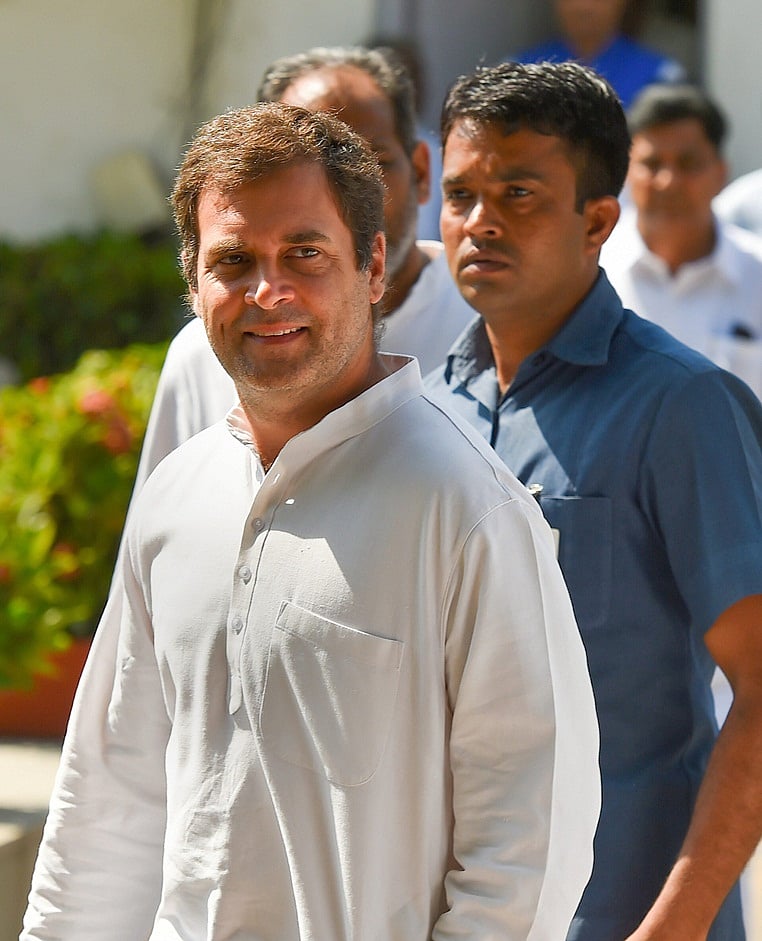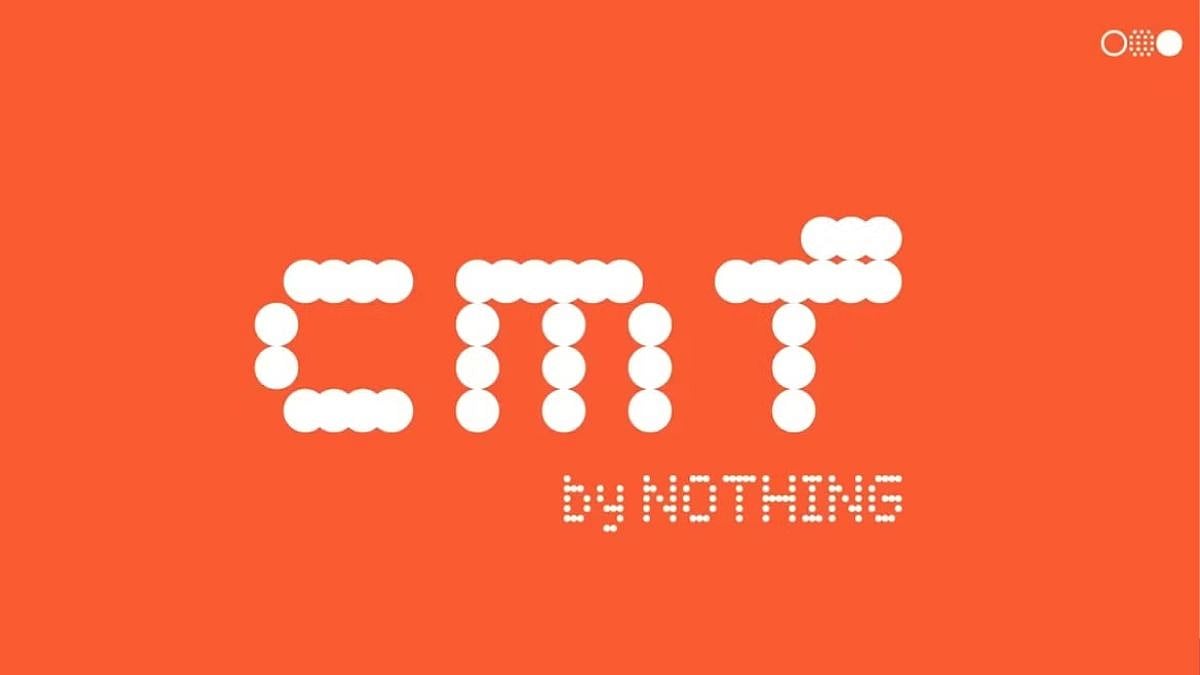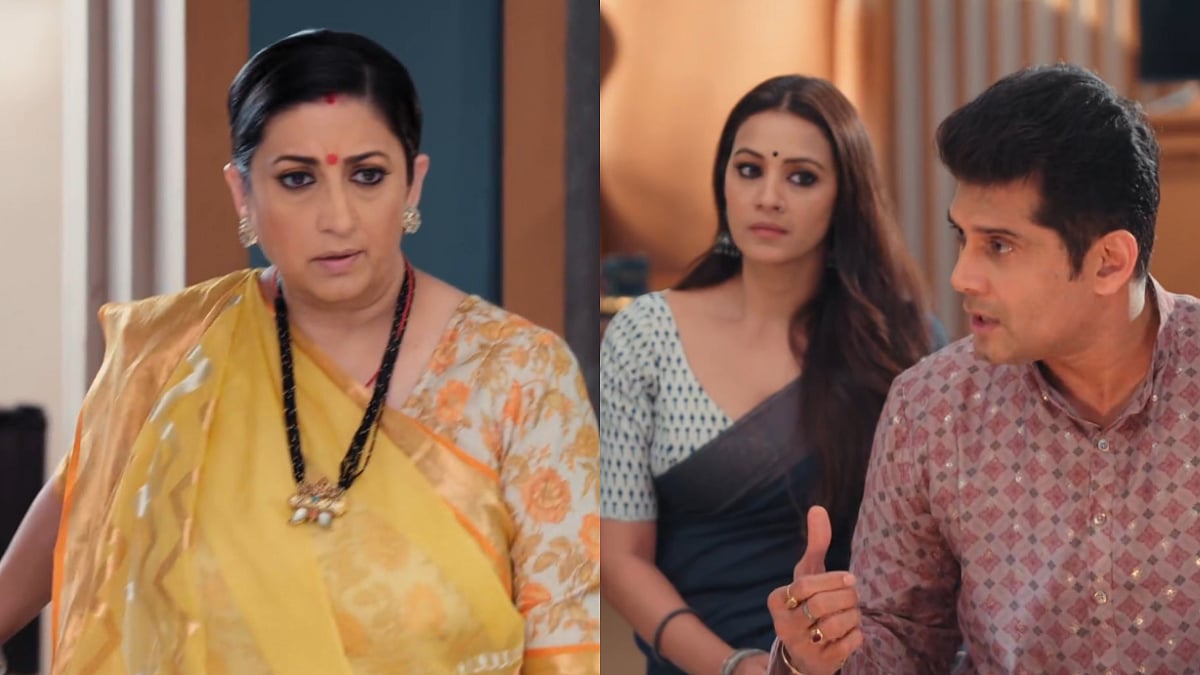Rahul Gandhi’s decision to quit as Congress chief, in the wake of the party’s dismal loss, stirred up debate galore. It has also brought the art of stepping down at the right time into focus. Most view it as a loss of face, while on the contrary, it can be about making a strong statement. Not everyone who steps down is a loser; it can in fact signify the desire to look for ways to grow with time and come back stronger and better equipped to handle the position and situation.
A time to reboot
Abhishek Agarwal, Senior Vice President, Judge Group, avers, “When you step back it gives you time to introspect and plan your next move in an effective manner. During that time one should work towards the drawbacks and learn from the failures, the time should be spent to get suggestions from and have discussions with the people you can confide in.”
Dr Neha Mehta, Clinical Psychologist, My Fit brain, dubs stepping down a strong defence mechanism. “Stepping down relieves pressure and gives us vast opportunities to explore. All that matters is, don’t relax, and do work hard again. Working with the over-expectations of people burdens you; taking a break and returning with a bang removes all negativity attached to your work previously. MS Dhoni and Sanjay Dutt are living examples of this.”

Sanjay Dutt |
Husain Habib, Co-Founder and CMO, Hats-Off Digital Private Limited, believes that stepping down can be a sign of self respect. “In today’s time and age, it is not to be considered as a weak moment but can also be counted as a smart move. When you know it is not leading to growth, progress, motivation and learning, it is definitely time to step down, as it can affect not only you but also those under you. Not everything needs justification.
Many people see it as an excuse to run away from crisis situations, or your incapability to handle it. They might be right, so in that case, isn’t it better to step down, to not worsen things further?”
Stepping down is situational and circumstantial, points out Madhukar Kumar, Founder & Chief Strategist, Grey Cell Public Relations. “In a corporate environment if a CEO or senior management steps down just because the company didn't win some big project it may not give the right message.
The winning of a project doesn't only depend on one person but on many factors. However, if the same company committed a grave mistake which affected real people and did harm to society, it is imperative for the CEO or the person leading the project to step down to accept moral responsibility and pave the way for others. Hence, it must be assessed on a case to case basis.”

Saina Nehwal |
Analysing the consequences of stepping down, Dr Mehta explains, “The pros will be less pressure of accountability, more opportunities to think of, time for self-analysis, etc. Cons will be losing more badly, loss of finances, going into depression etc.”
“Sometimes stepping down can mean taking the responsibility of something, which may not have happened directly because of you,” Agarwal elaborates. “This step can send a strong message to others especially the juniors that taking responsibility is a part of professional life and anyone who can take that is destined to excel.”
According to Parimal Shah, President, International Operations, M. K. Jokai Group and M.K. Jokai Agri Plantations Pvt. Ltd, “If done smoothly and in a well thought-out way, stepping down can sometimes be beneficial for both an individual and the organisation. It allows you to take stock of the situation as a neutral observer.

Amitabh Bachchan |
It also gives you time and ability to work on yourself and maybe come back stronger. For the organisation, it can help by aiding the rise of a potentially game changing leader. The possible negative outcomes can be the rise of a worse leader who may further harm the organisation or the cause.”
Factors to consider
It is equally important to understand the reason for stepping down and the right moment to do it, advises Habib. “Permanent decisions in life should never be made based on temporary situations. So be very sure about this, anticipate and weigh the pros and cons before you step down and only then, make the move. Try to think of ways to overcome the situation, and turn it in your favour.” Dr Mehta insists on keeping just one thing in mind: “Plan positively, work hard on yourself, accept where you were wrong, learn new ways to achieving results and set examples.”

MS Dhoni |
Parimal insists the stepping down process be well-thought out and without leaving a vacuum. “Ideally, you must oversee a smooth transition before giving up all responsibilities and ensure the organisation doesn’t fall into disarray or a power struggle. Your decision to step down must also not be a knee jerk reaction or an emotional reaction. You must comprehensively evaluate its merits and consider whether or not a better leader is standing behind you before you quit.”
Agarwal believes in the importance of planning ahead. “In offices, it means that you leave the job and you must have another option in place. In case you have left a particular position but are still working with the organisation, a detailed plan for the organisation’s betterment should be there. While stepping down you must also identify the flaws and the people who can help you overcome those difficulties.”
It is equally important to make the message clear to others regarding why one is stepping down. Says Madhukar, “It must be done so that someone capable can take charge. It has to be communicated via apt methods so that it reaches all it is intended to. It is very important for the person to define a clear path and duties for the successor to follow.”

Sanjay Dutt |
What comes next
It is equally important that you plan to come back with a bang that will help not just yourself but also others who are looking at you. Agarwal feels detailed planning, identifying the loopholes, problem fixing ideas, and focus on the team is important.
Keep in touch closely with the organisation’s working, recommends Parimal. “You must start working on your leadership skills all over again by going back to your roots. Spend more time with the people of the organisation. You must look at your erstwhile position through the eyes of the lowest common denominator and understand what one expects from that position. Try to analyse the causes of your failure and how they must be rectified.”
Madhukar’s tips are simple. “Analyse what you could not do well in the past, accept them with utmost humility, and work upon them so that those mistakes do not happen again. Take help if there is something you cannot handle yourself. Be an example for others to follow.”

Rahul Gandhi with Priyanka Gandhi |
Dr Mehta advises,“Take a break of at least some days and then start working afresh. Make a reviewing chart, take the opinions of your critics.” Habib concludes, “When those who once looked down at you, now look up to you, this is the real achievement which one can gain. This will only come when you earn the respect."
"Do the right thing, and you will reap the fruits which you have sowed. It is very easy to step down; coming back with a bang is the hard part. Once you make a comeback, you will realise, now onwards, there is no turning back.”
Still think stepping down is merely an act of cowardice?





